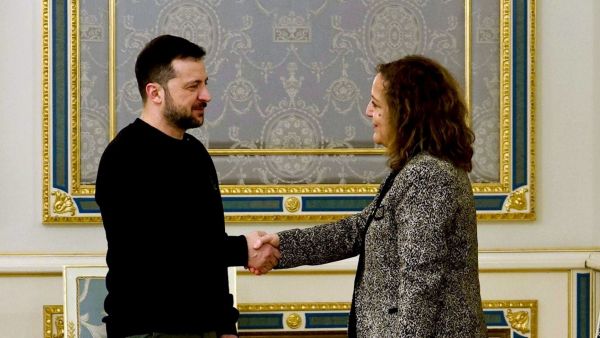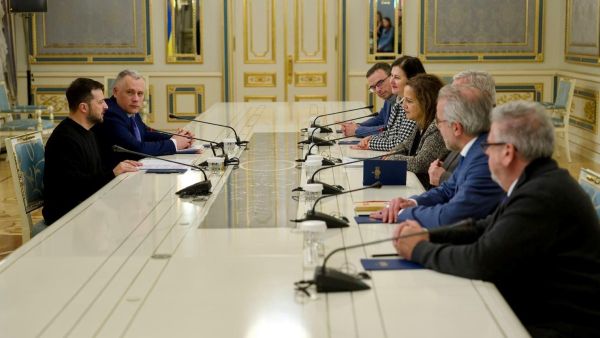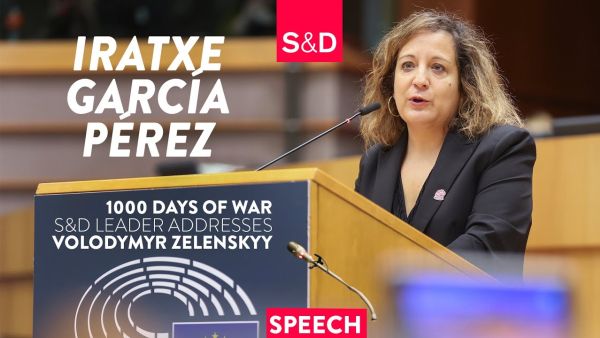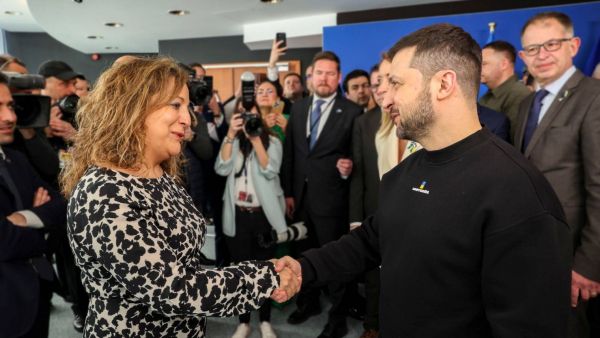From Monday November 19, S&D vice-president on migration, Tanja Fajon, will lead a Group mission to Niger in the framework of the Socialists & Democrats' commitment to build a new and strategic partnership with Africa.
The S&D delegation will also be formed by the S&D development coordinator Norbert Neuser, S&D foreign affairs coordinator, Knut Fleckenstein, and vice-president of the ACP-EU Joint Parliamentary Assembly, Juan Fernando López Aguilar.
Niger is an important member of the G5 Sahel countries and the main gateway to Europe. A crossroad where major human traffickers make up much of their business by profiting from the sufferance and misery of migrants. This is the reason why, thanks to EU support programmes, the EU is investing strategically on security in the areas of fighting terrorism and organised crime as well as in development, humanitarian aid and migrant shelters in Niger. The Nigerien Authorities received €596 million from the 11th European Development Fund (EDF), €21.1 million from the contributing to Stability and Peace Instrument (IcSP) and €42.5 million from the ECHO allocations in 2016.
Besides the Institutional meetings with the Nigerien national and local authorities, the four-day fact-finding mission aims to assess the impact of the EU Trust Fund programmes on migration and the EUCAP Sahel mission on security. In particular, the S&D delegation will visit the IOM Migration Information Office, transit camps in Agadez and the UNCHR Managed Transit Centre for Refugees in Niamey.
S&D vice-president, Tanja Fajon, says:
"Niger is crucial, not only for the stability of the Sahel region but also for the fight against human traffickers. With European support, we must ensure humanitarian shelters for migrants and better management of the legal migratory flows. If we really want to better manage migration and prevent the spread of terrorism or para-military groups in the area, we must realise that Niger and the whole Sahel region needs our support to effectively address economic and social disparities, youth unemployment, climate change and food security. Our new partnership with Africa must therefore be oriented in dramatically increasing the delivery of quality education and invest in areas that will create job opportunities. This is the only way forward in the mid and long run and the reason why we want to assess the impact of European development and cooperation programmes in Niger.”








